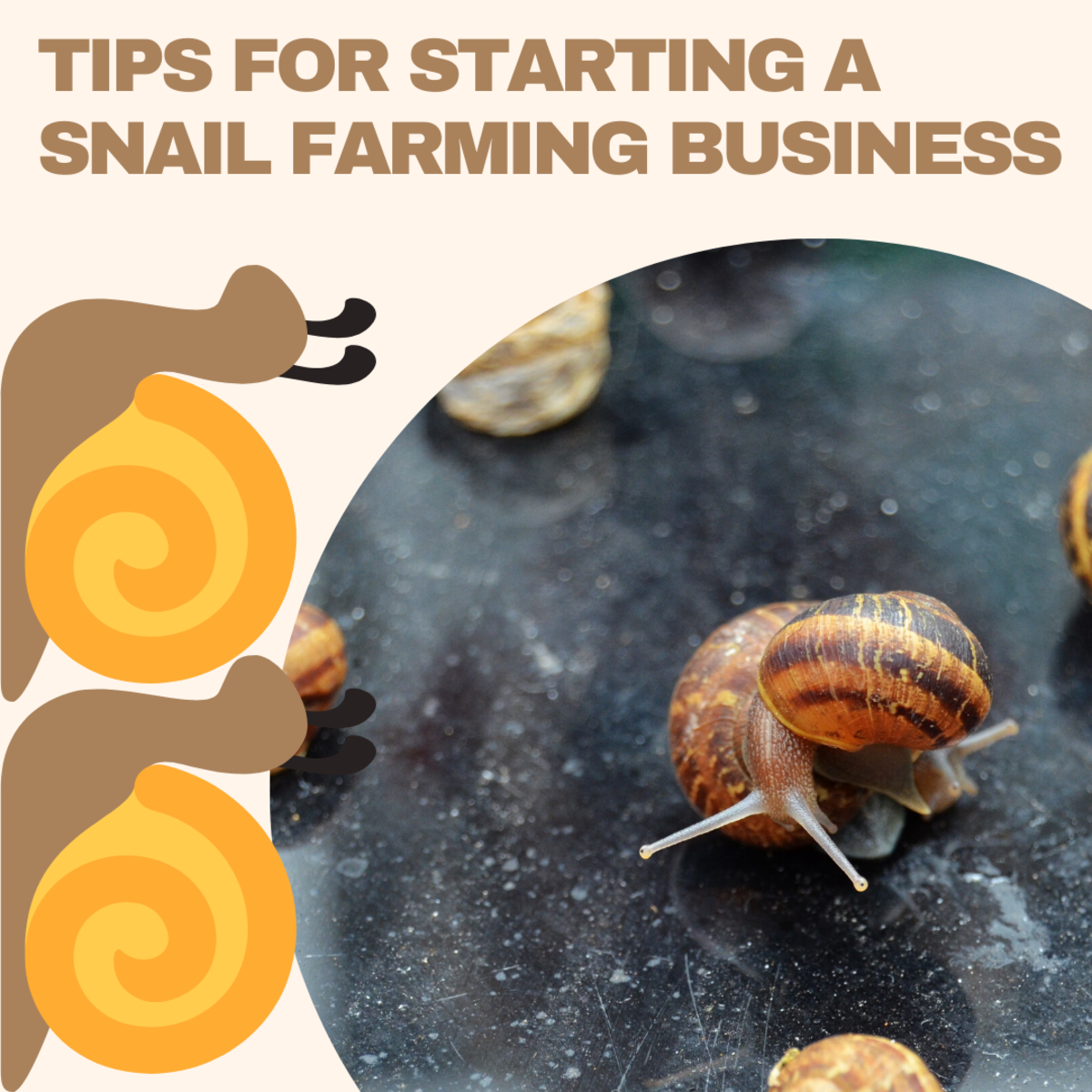Venomous snails offer a weapon to kill pain
Sea snails that hunt fish by spitting tiny venom-tipped harpoons at them are being used to develop life-saving medicines. One group of scientists has already succeeded in pinpointing a new long-lasting anaesthetic and others have created a powerful, non-addictive painkiller from the snail poison.
'There are several hundred different species of cone snail and all use poisons to kill their prey,' said Professor Alan Harvey of Strathclyde University's institute of drug research. 'In turn, each species uses poison made up of several hundred different compounds which offers us, in total, an extremely wide range of chemicals to test and develop.'
His team is the only British group involved in the £8m EU-funded Cone Snail Genome Project for Health, Conco, that has been set up specifically to study cone snails, isolate their toxins and exploit those that make the most promising medicines. Scientists believe that cone snail toxins offer particular promise in the development of:
· drugs for treating stroke victims;
· powerful painkillers;
· medicines for controlling the effects of diabetes;
· new anti-microbial agents.
Cone snails live in seas worldwide. However, the largest ones are found in warm tropical waters, including those of the Indian and Pacific Oceans. All have twisted shells shaped like ice-cream cones, although individuals rarely grow bigger than a few inches.
Scientists now know cone snails are hunters: some kill molluscs, others attack fish. A classic example of their predation is provided by the snail type Conus consors, which is found in the Pacific Ocean. 'It's hunting is spectacular,' said Harvey. 'When a snail detects a fish, it loads a little tip at the end of a proboscis - it's like a microscopic harpoon - with venom and fires it by a powerful muscular contraction. The venom contains a cocktail of toxins, called conotoxins, which instantly paralyses and kills the fish. The snail then crawls over and engulfs its prey.'
Researchers working for the Conco project, which is being co-ordinated by Dr Reto Stöcklin at the Atheris Laboratories in Geneva, have already isolated one toxin from Conus consors which has shown considerable potential as a long-lasting local anaesthetic. Development work on this drug is now being carried out at several laboratories.
As part of the project, scientists intend to sequence the entire genome of Conus consors and identify every chemical in the complex cocktail of drugs that makes up its venom.
In addition, marine biologists are seeking out new species of cone snail - in the Indian and Pacific Oceans - which would provide further sources of drugs.
However, the cone snail drug that has reached the most advanced stage of development is ziconotide, developed by Professor Baldomero Olivera at the University of Utah. It is 1,000 times more potent than morphine but is not addictive. It is aimed at people suffering from severe, chronic pain, experienced by those with severe arthritis or head injuries, for example, and is a synthetic version of the venom used by Conus magus, the Magician's Cone Snail.
Olivera and his colleague Michael McIntosh identified one venom component that blocks the calcium channels on the nerves that transmit pain signals. Once the channels are blocked, calcium cannot enter the cells and pain signals are prevented from travelling between nerve cells.
'There have been amazing stories told about people taking ziconotide during trials - of people who couldn't walk because of nerve damage to their legs but who were able to dance after a few weeks of taking the stuff,' said Harvey. 'That shows the potential of this approach and indicates the kind of discovery we want to replicate.'








